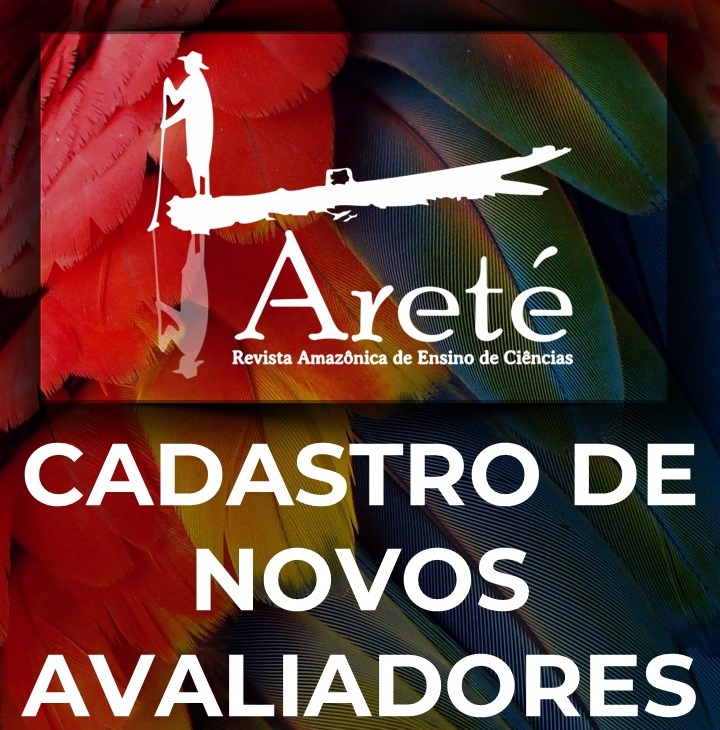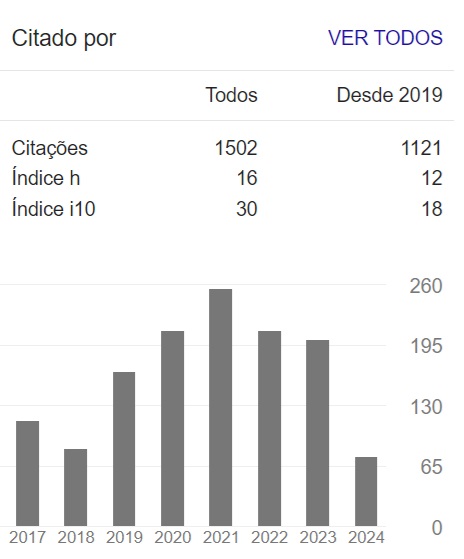USO DA PUBLICIDADE TELEVISIVA NA SALA DE AULA: PERCEPÇÕES E CONTRIBUIÇÕES DE ACADÊMICOS DE LICENCIATURA EM QUÍMICA / Use of television advertising in the classroom: perceptions and contributions of academics of bachelor degree in chemistry
Resumo
O presente artigo apresenta os resultados de uma pesquisa realizada com licenciandos em química, do Instituto Federal do Rio de Janeiro (IFRJ), campus Nilópolis, cujo objetivo principal foi investigar como professores de química em formação podem se apropriar de propagandas televisivas como recurso didático. Optou-se por uma investigação qualitativa, com a utilização de oficinas pedagógicas como estratégias de ensino, ocorridas durante o segundo semestre de 2015 e o primeiro semestre de 2016, realizadas com três grupos focais, totalizando-se 21 alunos de Licenciatura em química de períodos variados, em três diferentes disciplinas. Os participantes da pesquisa realizaram ensaios de intervenção pedagógica com propagandas televisivas, onde em cada grupo focal foram organizados grupos de discussões sobre o uso deste recurso midiático como opção metodológica, e dos problemas atuais no ensino de química. Percebeu-se que as propagandas televisivas serviram de subsídios para que os licenciandos pudessem pensar e repensar a prática pedagógica, na procura de um ensino de Química mais diversificada.
Palavras-chave: propagandas televisivas, formação de professores de química, oficinas pedagógicas, Análise Textual Discursiva.
ABSTRACT: This article presents the results of a survey with undergraduate students in chemistry, attending the Federal Institute of Education, Science, and Technology of Rio de Janeiro (IFRJ), campus Nilópolis, with the purpose to investigate how chemistry teachers in training could take ownership of television advertisements as a teaching resource. This is a qualitative research, with the use of educational workshops and teaching strategies, carried out in the second half of 2015 and the first half of 2016, conducted with three focus groups, totaling 21 undergraduate students in chemistry from different shifts, in three different disciplines. Survey participants conducted educational intervention trials with television advertisements where in each focus group organized discussions groups on the use of this media resource as a methodological option and the current problems in chemistry teaching. We noticed that the television advertisements served subsidies for undergraduates students could think and rethink the pedagogical practice in the search for a more diverse chemistry teaching.
Keywords: Television advertisements. Chemistry teacher training. Educational workshops. Discursive textual analysis.

















